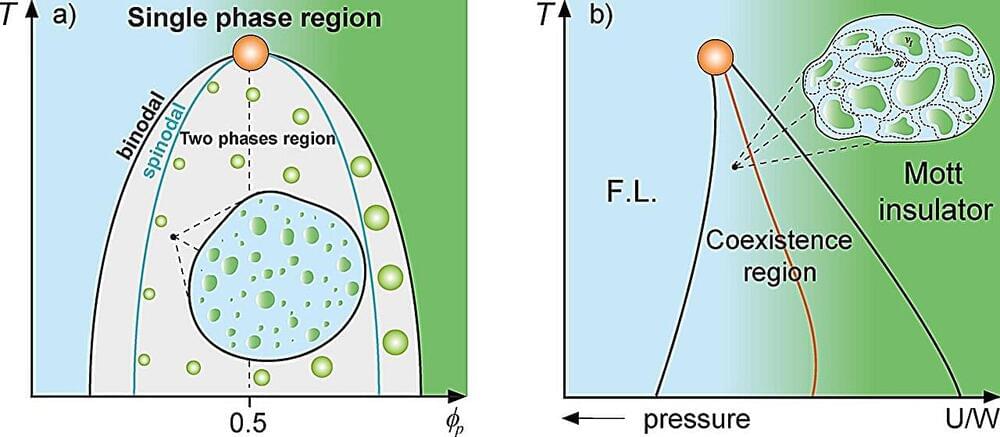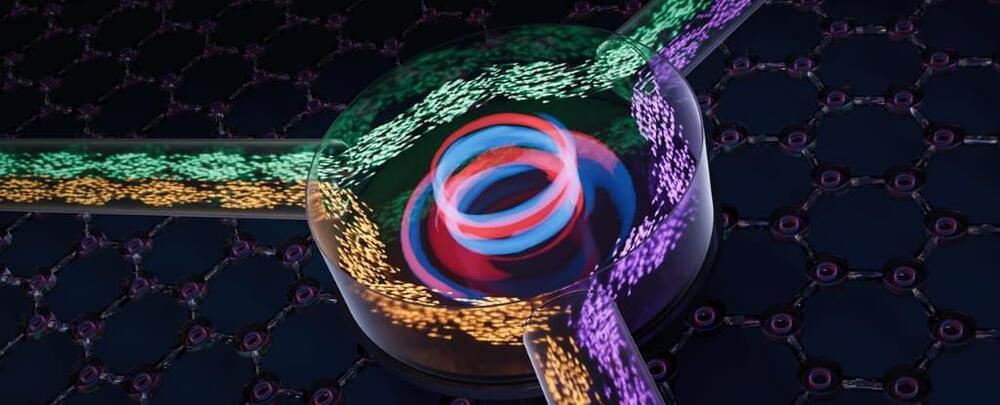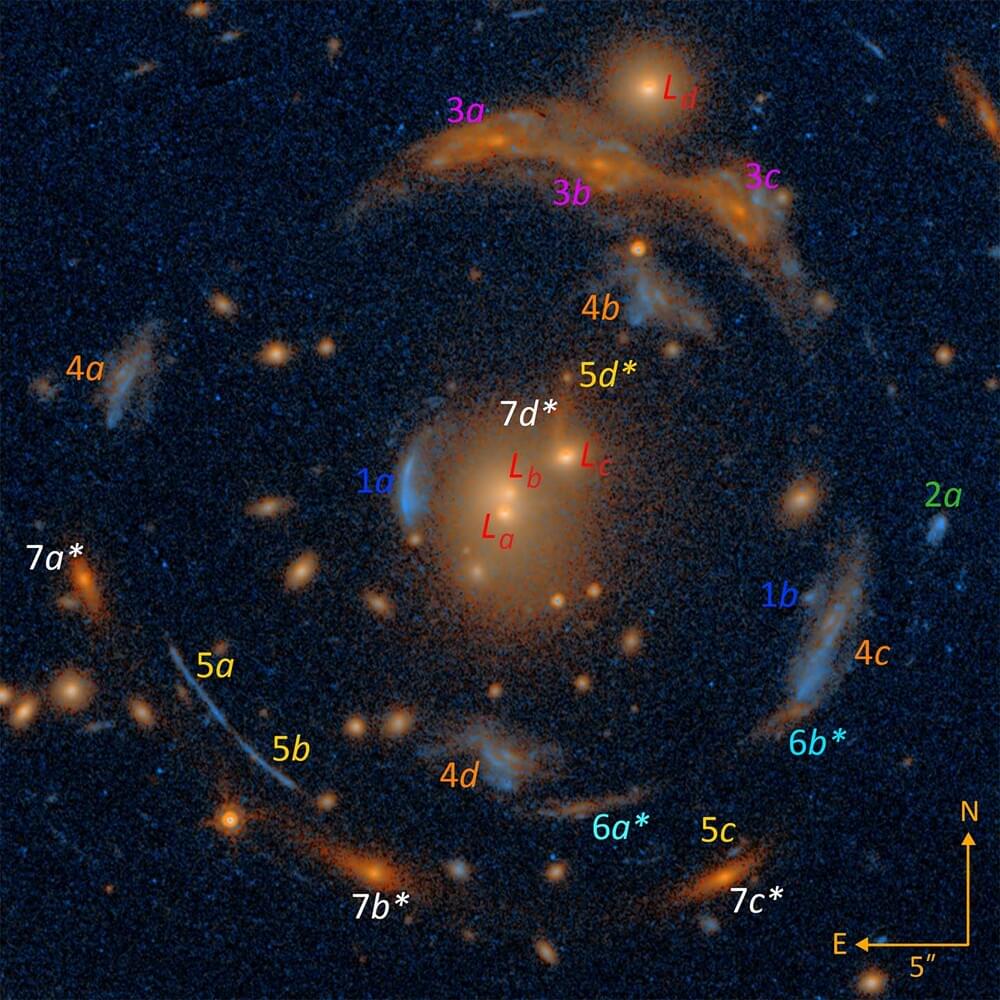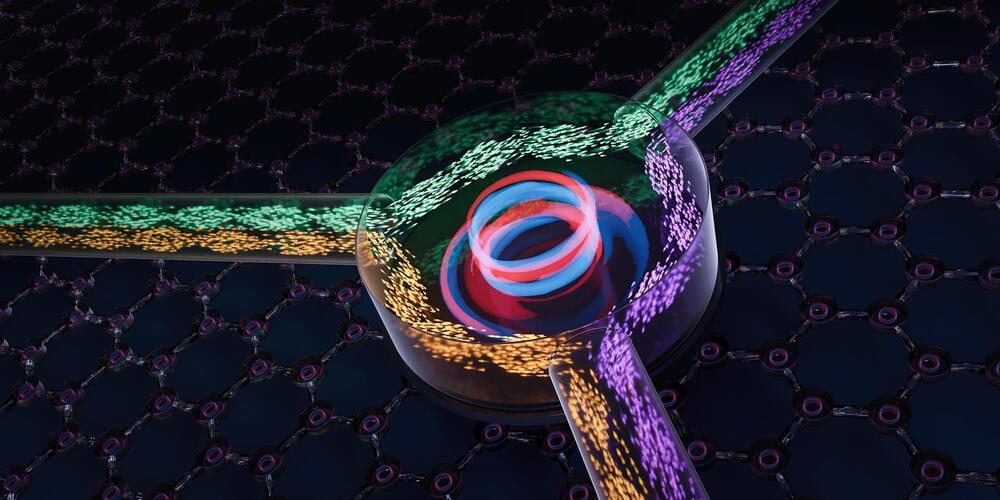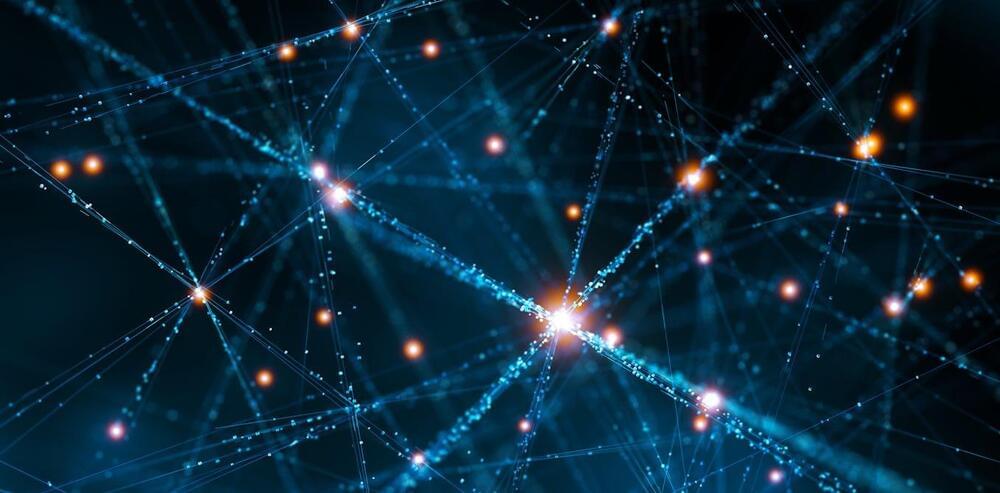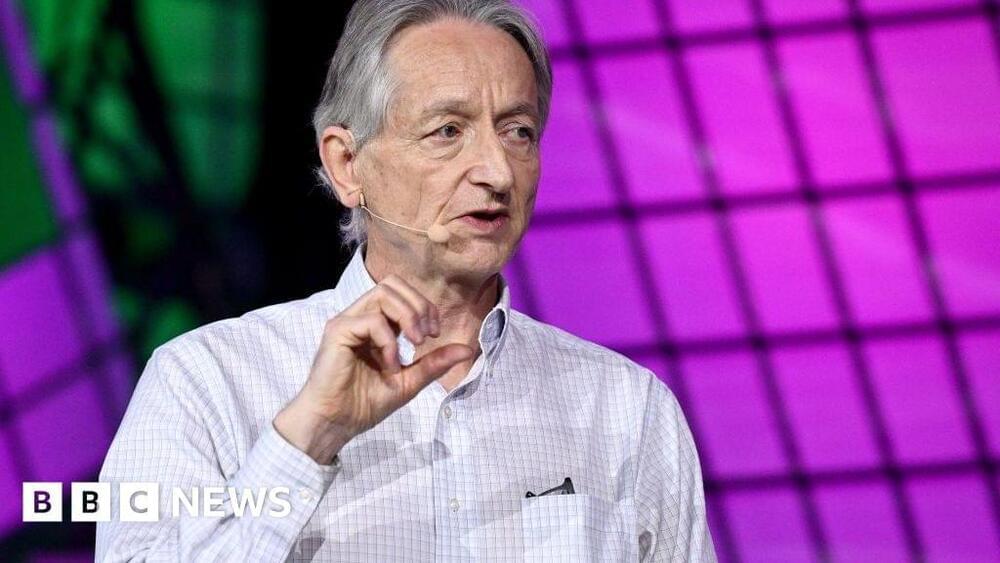Be it water, light or sound: waves usually propagate in the same way forwards as in the backward direction. As a consequence, when we are speaking to someone standing some distance away from us, that person can hear us as well as we can hear them. This is useful when having a conversation, but in some technical applications one would prefer the waves to be able to travel only in one direction – for instance, in order to avoid unwanted reflections of light or microwaves.
For sound waves, ten years ago researchers succeeded in suppressing their propagation in the backward direction; however, this also attenuated the waves travelling forwards. A team of researchers at ETH Zurich led by Nicolas Noiray, professor for Combustion, Acoustics and Flow Physics, in collaboration with Romain Fleury at EPFL, has now developed a method for preventing sound waves from travelling backwards without deteriorating their propagation in the forward direction. In the future, this method, which has recently been published in the scientific journal external page Nature Communications, could also be applied to electromagnetic waves.
The basis of this one-way street for sound waves are self-oscillations, in which a dynamical system periodically repeats its behaviour. “I’ve actually spent a good part of my career preventing such phenomena”, says Noiray. Amongst other things, he studies how self-sustaining thermo-acoustic oscillations can arise from the interplay between sound waves and flames in the combustion chamber of an aircraft engine, which can lead to dangerous vibrations. In the worst case, these vibrations can destroy the engine.
